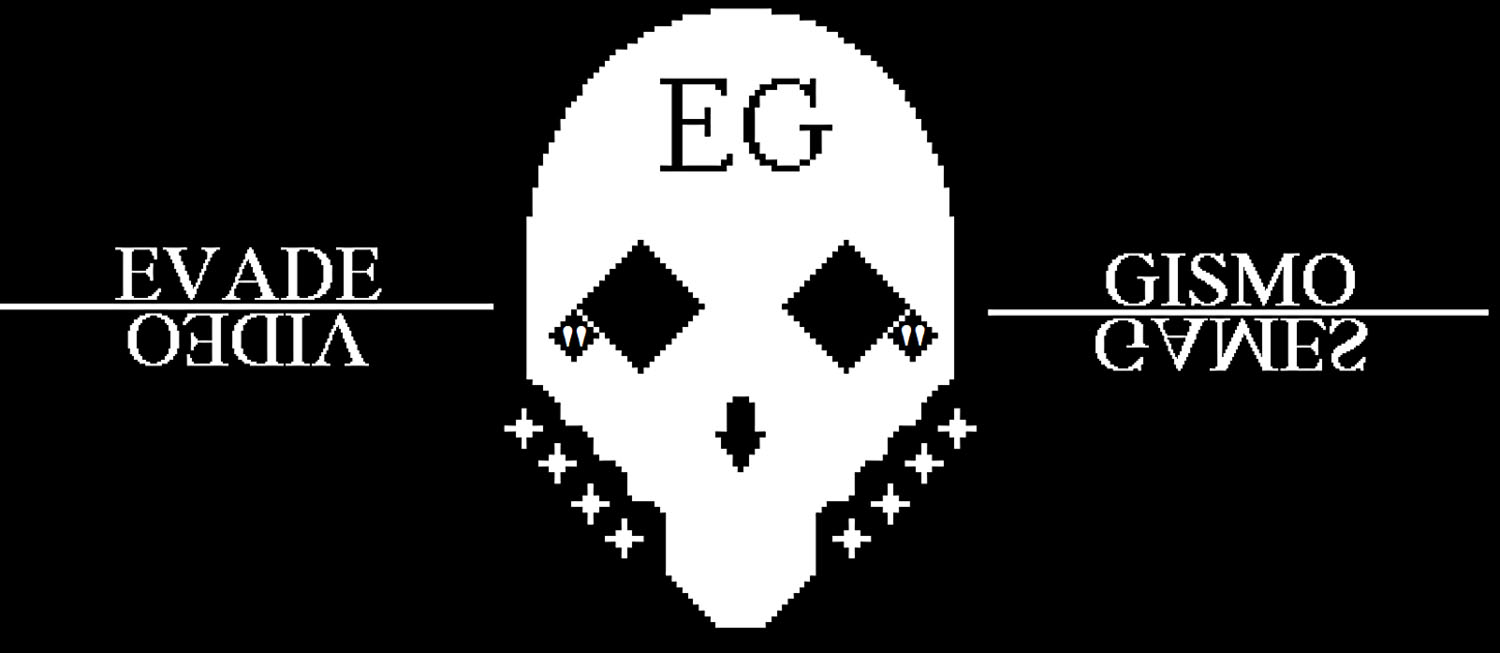In spite of all my clicks, I am still just a rat in a ... clicker game
/The Monster Summer Game, Valve’s gamification of this year’s Steam Summer Sale is a self-proclaimed homage to the “56 trillion” gamers hooked on the newest genre of non-game to numb the skulls of players everywhere: Clicker games.
Non-games are similar to games; they involve some kind of activity, and usually some accumulation of points or currency in exchange for the activity, which can then be spent to enhance the completion of that activity. Non-games are linear, yet without end, and frequently invite you spend money to play more frequently, for longer bouts, or more efficiently. The chronology of non-games doesn’t go very far back; it has not been until recently that the leisure to game has become so widespread, that our leisure now also needs leisure. Non-games strike me as a syndrome of the iPad generation: minimum-input, take-anywhere, play-anywhere monetization shells. They are the pinnacle of casual diversion, designed not to stimulate the mind, but to stuff it up with cotton. Farmville. Proteus and Mountain. Clicker Heroes. These games would not be popular unless there were a significant group of people out there who either:
Game often enough that they seek much lower-impact gaming experiences between bouts of “proper” gaming;
Don’t play “normal” games at all but seek lower-impact fun / diversion.
I will admit, I prejudged clicker games based on mechanics alone. I mean, come on: nearly every PC game in the past 20 years has been a “clicking” game to some degree, insofar as clicking is a gameplay mechanic. Gaming intensity in RTS game is commonly measured in terms of Actions Per Minute - on PC the vast majority of those actions tend to be clicks. Having played Valve’s tribute to the genre today, I can testify that the clicker genre might more accurately be called “nothing-but-clicking” games. Aside from the 10-15 minutes I spent gradually lowering my mouse-arm off of my desk into a completely relaxed position in the crotchal area, and figuring out the optimal clicking rhythm, the game immediately became an exercise, and not a game. There’s no interaction or development whatsoever. Just an infinite highway of...more clicking.
Clicker Games turn their mechanic into a kind of engine. Not a game engine; rather, your clicks become the fuel powering an engine that propels you forward through the diverse audiovisual landscape of the clicker game. Much like browsing for porn in this era of recommended video sidebars, what you’re really clicking for is to see what you’ll be clicking next. In the Steam mini-game, you’re clicking on weird android-zombies named Greg and Lola until you reach a boss-level with a giant crab-arm pirate-tank who takes 10-20 times the clicks the previous goons did. The music changes. The target is larger. Then you click him to death, and it’s onto further, minor variations on the Greg & Lola concepts. Each day at 10am, the game resets, and the enemies & backdrops take on a new visual theme. There is added value, in that you're on a team with at least 1000 other players, amassing clicks to whittle down the enemies. But it sure feels like you're sitting there alone, pawing at your button, speeding down a road that turns in downward spirals. This is the Clicker Highway and I’m pretty sure it leads straight to hell.
I suppose it’s decent amusement, but as a passionate gamer, I acknowledge ethical design issues with regard to game like this. The Skinner Box - a Psychological experiment apparatus, containing a rat, a button, and a feeder-bottle of heroin-laced water - tends to produce fairly predictable results. Give it time to get hooked on the reward, and that rat will literally click that button till it starves to death (addiction studies in the modern day prove that what goes on in the Skinner Box is much more nuanced than that; but that’s for another article). Literally defined, this is learning. But nobody will argue that a rat’s experience of life is enriched by the Skinner Box. I direct this point back towards Clicker games. Any good game will consume your attention span. Battle arenas, epic quests, & sandboxes suck you in with their unique gravity; but at least they leave you with something to talk about and reflect on. Many games are games because the decisions made by players significantly affect the game-state, which motivate further decisions from the player. In a clicker game, nothing matters. Clicking barely even regards space-time as a thing that exists, for it traps the mind in the first dimension, teetering on a single pinhead-point of homogenous repetition. Much like Warhol-era pop art, Clicker Games insult the audience’s intelligence and the value of their time.
However, their popularity cannot be argued with, and this is a wave I intend to ride all the way to the bank. Keep an eye out Autumn 2015 for my first original Clicker Game, called Hammer & Nails Simulator, where players smash increasingly large and extravagantly decorated nails into surfaces of varying density and thickness. Hmm. Maybe I’ll just call it Smashy!

